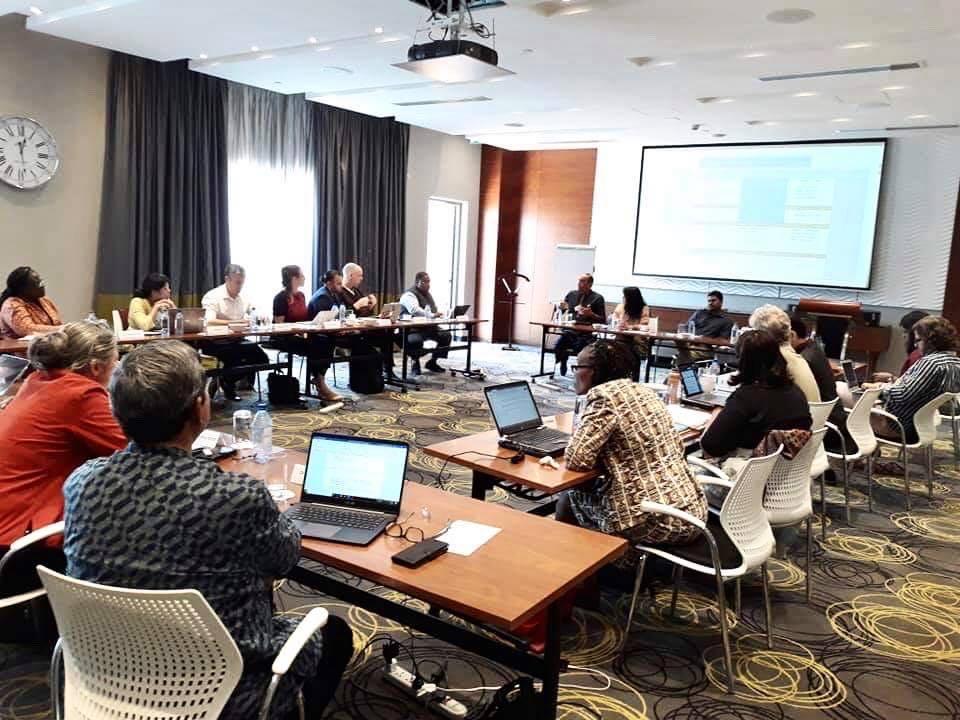* By Fredrick Nzwili
The World Council of Churches (WCC) and the Council for World Mission assembled theologians, activists, practitioners and religious leaders for a consultation on interfaith dialogue and liberation from 22-24 October in Nairobi, Kenya.
“This is an attempt to put together interfaith dialogue and liberation theology,” Rev. Dr Peniel Rajkumar, WCC’s programme executive for Interreligious Dialogue and Cooperation said in an interview. "What inspired us is that interfaith dialogue is increasingly engaging issues of justice alongside issues of peace.”
“At the same time, people who are writing about liberation theology are not just from Christian tradition but we also have Muslims, Buddhists and Hindus,” added Rajkumar.
At the meeting, presentations and discussions by the scholars from Christianity and Islam (Abrahamic religions), and Buddhism and Hinduism (non-Abrahamic religions) centered on race, class, gender, the empire and the environment.
The principle behind the consultation, according to Rajkumar, was that dialogue without firm feet on the ground was a luxury that the world could no longer afford.
“The hope is that our work will in some way contribute to the understanding that religions are not fortresses to be defended but are wellsprings for the flourishing of life,” he said during the opening.
Dr Esther Mombo, an associate professor at the St Paul’s University in Limuru, Kenya said the conference was using the two themes to see how the different faiths can understand each other and move forward together.
“People from the different disciplines….and rather than staying in their own silos and disciplines, are sharing from their disciplines and that impacts the other discipline,” she said.
The scholar stressed the topic as important, citing an edgy society, where people often talked about freedom and liberation.
“In terms of interfaith, we have all these: Islamophobia, homophobia, xenophobia - the fear of the other. Religion is supposed to help, but we have seen it being used to push the other away,” said Mombo.
The conference outlined liberation theology and interreligious dialogue as two concerns that emerged among Christian theologians in the latter half of the 20th century.
“In interfaith dialogue for more than five decades, we have not been reaching anywhere,” said Dr Sudipta Sigh, the Council of World Mission secretary for Research and Capacity Development. “We believe what is needed today is not interfaith dialogue, but interfaith engagement to build life performing communities.”
He explained that different faiths were part of communities, and if the fight against the empire, meaning negative and oppressive situations, had to be won, local people needed to be influenced and trained on the liberating motifs of the Bible.
“Each religion has that liberating motif. If we can bring together all those motifs, then our struggles against the empire will be strengthened,” said Sigh.
But even with the discussions, Rajkumar warned of the risk of “false sense of equanimity” about the boundless richness of one’s traditions, and a domesticated revolutionary potential of the traditions both in action and imagination.
WCC work on Interreligious Dialogue





